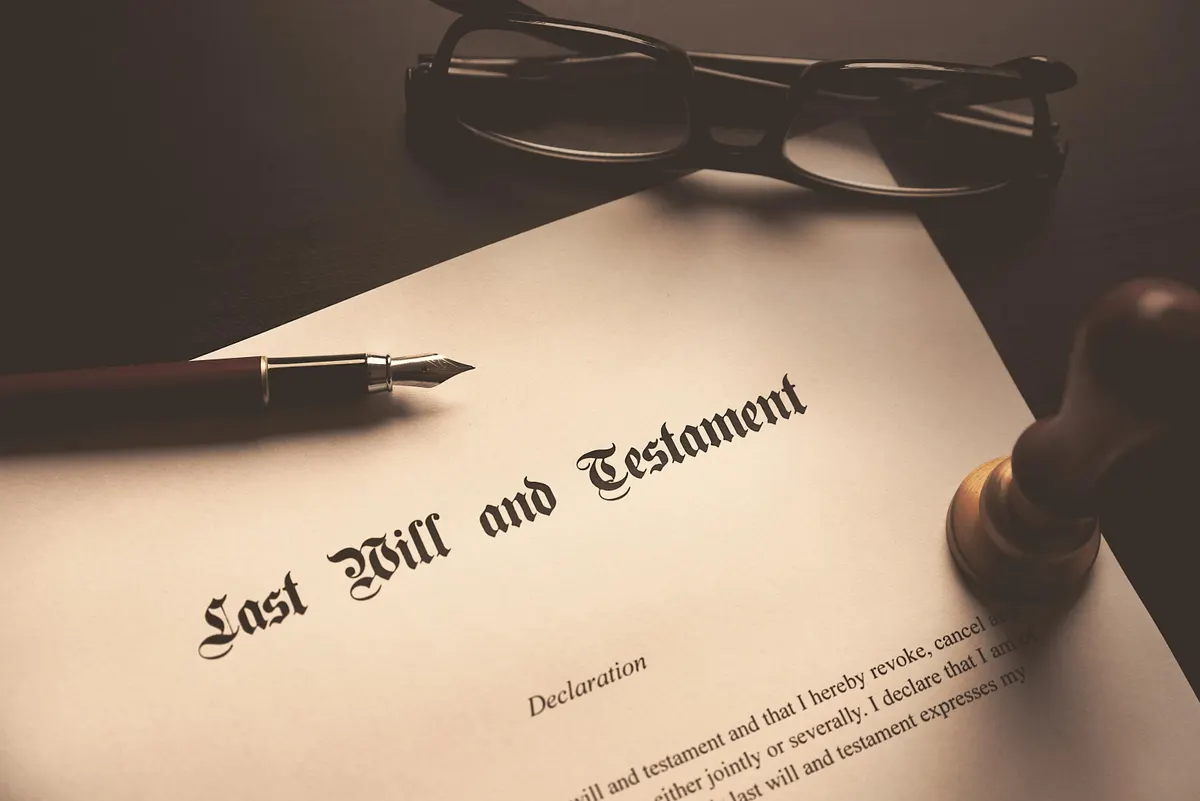A lot of us have relatively simple wishes for how our estates are distributed between family members and other loved ones. While film and TV are filled with plenty of complex, nail-biting disputes over succession and inheritance, most of us feel relatively confident that our wishes (and our estates) are simple enough that they do not require any particular pomp or circumstance.
For the most part, we will want to pass on the majority of our money and assets to a partner and any children, grandchildren, or other close relatives. If your family has always been on good terms, then it can be almost impossible to envision rifts opening up over such a predictable set of wishes.
But disagreements can and do arise, and there is more to worry about than that if you are preparing to die without a will.
Dying without a will
If there is no will in place at the time of your death, then this is known legally as dying intestate. Your estate will be distributed according to the rules of intestacy, which prioritise legal spouses and any biological or adopted children. Other family members can inherit when a person dies intestate, but only if the estate is of particularly high value – and only after the first (significant) portion of the estate has been given to a spouse and/or child.
For some people, this works – the rules of intestacy are heavily prescriptive and that means that, for the right person, they’re enough.
But this is rarely the case. Most of us have at least a few special wishes to stipulate – or would prefer to have full control over our estates, rather than leaving them to the hands of the legal system. In these instances, only a carefully drafted will overseen by a solicitor at a firm that specialises in inheritance law – click here for a great example based in Cheltenham, Gloucestershire – can fulfil the criteria.
Here are some of the key drawbacks to not writing a will:
- It can take longer to grant probate
A will doesn’t just name beneficiaries – it represents a clear, well-catalogued summary of your estate. If you die intestate then your assets need to be identified before the courts can actually grant probate to your legal beneficiaries. This can make the process much slower than it would have been had you died with a will. As a result, family members who depend on that money – say, a spouse whom you supported financially – will have to face the stress of waiting months to receive what they are entitled to. Sorting through an estate when there is no will is an added burden that can cause delays, higher costs, and emotional anguish. - Dying intestate rules step-children and other non-blood relatives out of the equation
This one can be particularly devastating, especially if you operated under the assumption that all of your children – biological or not – would be treated equally. While some families will agree to share their inheritances equally across those who did and did not inherit from your estate, others will struggle – and may never reach an agreement.
A will takes the onus off your family members to coordinate themselves, which can be particularly difficult when grief is causing emotions to run much higher than usual. - There’s no closure to intestacy
If a person dies intestate, then there isn’t that opportunity for family members to feel recognised within the will. It’s not just about ensuring each person gets what you want them to get, but about leaving something – quite literally, your final wishes – for your family to read together. It offers closure, particularly if your will offers an explanation for your decisions. Intestacy is like leaving the final page of the book blank – it’s just not the same as a proper, considered ending.


